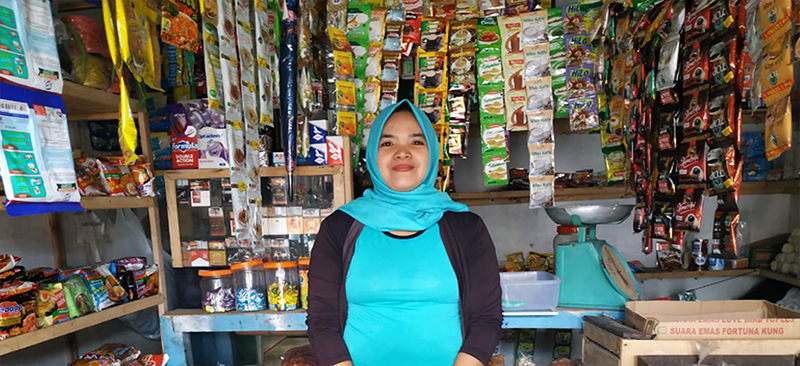Rahul Chatterjee

Rahul Chatterjee
Posts by Rahul Chatterjee
 Publication
Publication
Rahul Chatterjee, Diana Siddiqui and Pauline Katunyo
Women in open-air and cross-border trade in Kenya: Insights from the financial diaries research
Aug 31, 2022
 Publication
Publication
Ira Aprilianti, Louie Cepe, Rahul Chatterjee and Sneha Sampath
Assessment of the implementation and usage of QRIS among small and micro-merchants in Indonesia
Jul 26, 2022
 Publication
Publication
Rahul Chatterjee, Rajarshi Dutta Barua, Sombul Munshi and Shivank Mishra
Insights note, edition 2: Supply chains of informal enterprises
Jul 25, 2022
 Publication
Publication
Kritika Shukla, Rahul Chatterjee and Neeraja Sundar
India’s gender-responsive policies during COVID-19
Oct 16, 2021
This site uses cookies, by continuing your navigation, you agree with our Cookie Policy.

